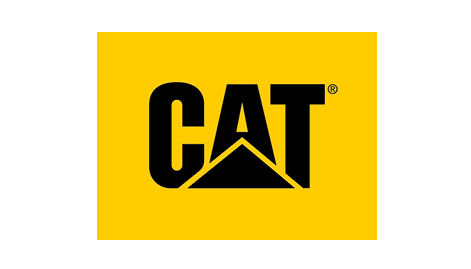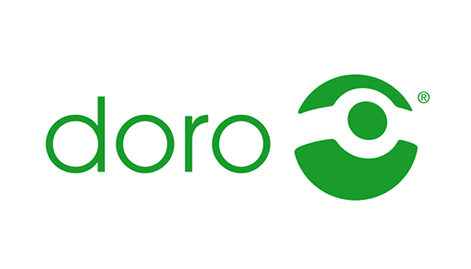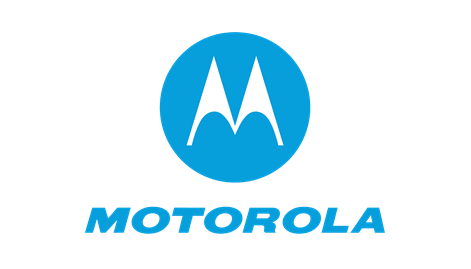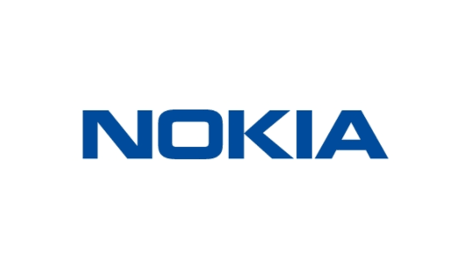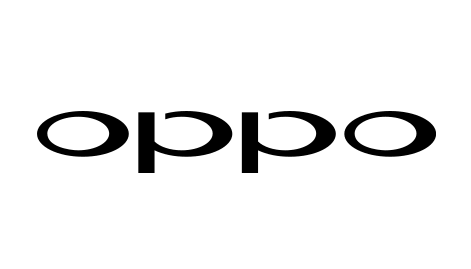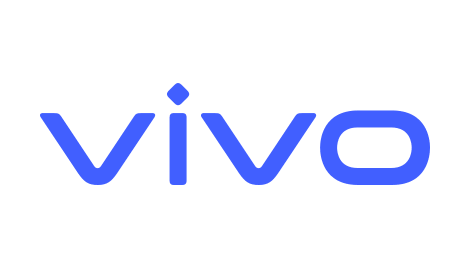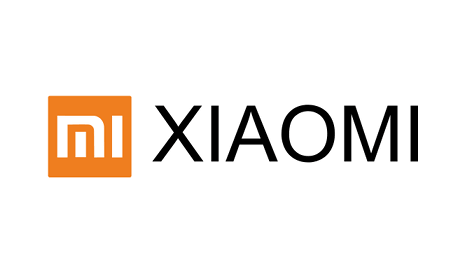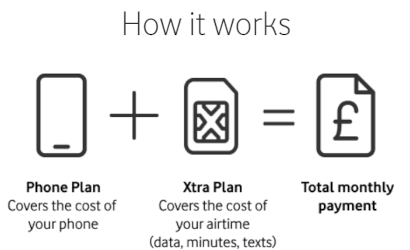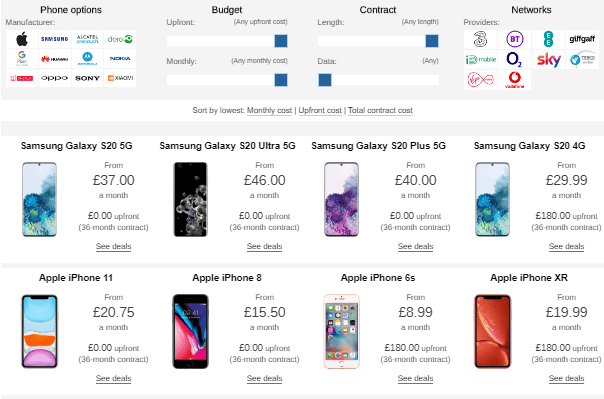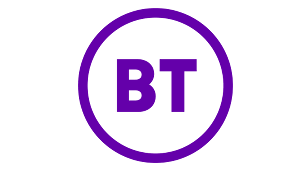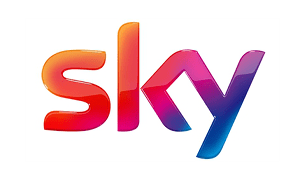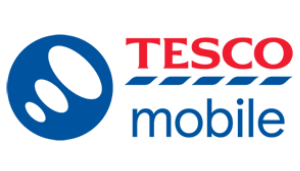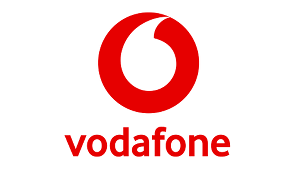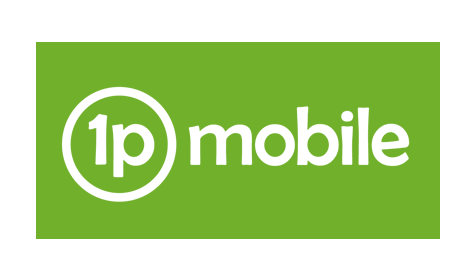Vodafone vs EE: coverage, 4G/5G speeds and benefits compared

The retailers featured on this page may compensate us when our readers follow links to their websites and make a purchase. More
We compare EE and Vodafone head-to-head to see which has the better mobile network, extra perks and pricing on SIM only and phone contracts. Last updated: 17th July 2023
In our head-to-head guide
Offer alerts
Coverage on Vodafone vs EE
Which network provides more widespread 5G/4G/3G/2G signal?
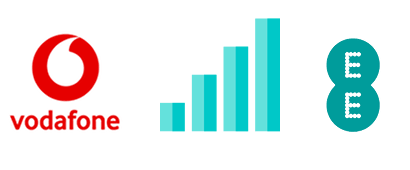
✔ Vodafone better for calls, EE slightly better for 4G data
EE and Vodafone are two of the four main mobile networks in the UK (O2 and Three are the others) and as such own and operate their own networks. Each has its pros and cons.
Vodafone have the joint-largest amount of the UK’s landmass covered for call signal (3G/2G) and provide better coverage for calls than EE, indoors and out. Total signal blackspots are rarer on Vodafone than on EE.
In terms of 4G data, this is flipped around. EE hold a narrow advantage for rural 4G, providing it in some pretty surprising locations. In large towns and cities there’s basically no difference between them.
It’s worth using either networks coverage checkers below to see which network provides better coverage near you. Check at home, along your commute, at work and anywhere else you’ll use your phone.
Useful link: EE's geographical 4G expansion plans
✔ EE provide 5G in a lot more locations than Vodafone
If you’ve got a 5G-ready device then you’ll be able to access 5G on most EE and Vodafone plans. As it stands, EE’s 5G network is better than Vodafone’s (read our guide here).
Last time we checked, EE had 5G live in 317+ UK towns and cities while Vodafone have it in 141+ locations. But that doesn’t even tell the entire story.
When EE declares a location covered they only do so when 5G is available in 50% of that location’s area. Coverage within locations can be quite strong on Vodafone, but this varies per area.
So not only does EE cover way more places with 5G, but they’re better at covering their locations. But it’s still worth using their coverage checkers just in case.
Useful link: How Vodafone have been improving their network
Use their coverage checkers
Don't just check at home, test everywhere you'll take your phone
Our verdict on coverage:
A close win for EE"It’s still more important for networks to provide strong 4G signal than 3G or 5G, as most users will use it more often for data and it works for 4G calling too. So, EE’s stronger 4G (on top of their better 5G) wins them this one.”
How 4G/5G speeds compare on Vodafone vs EE
Do EE or Vodafone provide faster data speeds?
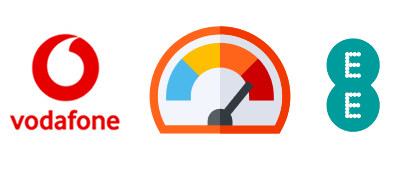
✔ EE are the fastest network for 4G speeds
Despite the advent of 5G, you’ll still spend most of your time on 4G with both networks, so it’s important to know which network gives you the better 4G data speeds (see 5G below).
Opensignal’s latest report puts typical 4G speeds on EE around 44.7 Mbps, whereas typical speeds on Vodafone were around 21.2 Mbps. So EE are typically more than twice as fast as Vodafone.
In real life we were able to get speeds as high as 130+ Mbps on EE and 110+ Mbps on Vodafone. In rural areas, speed went as low as 12 Mbps on EE and 5 Mbps on Vodafone. 4G speeds are more consistent on EE.
Again, it will really depend on your location. We think you’ll have a bit more luck streaming HD video outside the city on EE, but in the city there shouldn’t be a massive difference between the two.
Useful link: About EE's faster 4G+ service
✔ 5G speeds are also faster on EE
While you’ll spend most of your time on 4G, some might want the fastest 5G speeds possible. If you’re in a 5G-covered location with a 5G-ready phone what sorts of speeds can you expect?
Comparing results from Opensignal and Speedtest by Ookla we see that typical 5G speeds sit between 122.32 Mbps - 130.5 Mbps and between 105.2 Mbps - 146.01 Mbps on Vodafone.
The wider variation in Vodafone’s results show that speeds can vary per location more on Vodafone than on EE. Speedtest also measured peak 5G speeds of 350.41 Mbps on EE and 322.91 Mbps on Vodafone.
We’d say it’s too close to call. EE have faster peak speeds and more consistent typical speed results, but the speeds you get in real life will depend heavily per location. So we can’t call a clear winner here.
Useful link: EE's 5G vs 4G guide
Our verdict on 5G/4G speeds:
Win for EE"EE take this one due to their faster typical and peak 4G speeds. However, 5G is a lot closer between the two networks and users looking for a good 5G experience can be happy on either network."
WiFi calling / 4G calling on EE vs Vodafone
Which network offers better features for staying connected?
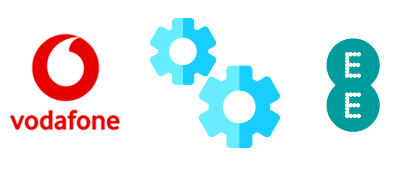
✔ EE include great WiFi/4G calling on all plans
EE now offer WiFi calling and 4G calling as standard on all pay monthly plans and even their pay as you go monthly bundles. This helps a lot with their patchier call signal (3G/2G).
WiFi calling lets you connect to calls using WiFi signal rather than regular call signal. This is especially useful indoors, as EE’s call signal can struggle to get into buildings more than on other networks.
4G calling does the same for 4G signal. EE let you transfer a call from WiFi to 4G without it dropping, let you send SMS texts over WiFi/4G and you can use the feature with EE’s Underground WiFi hotspots.
The only problem is that Android models not bought from EE directly aren’t guaranteed to work with WiFi calling. But their list of supported phones is huge so most people shouldn’t have too much trouble with it.
Useful link: EE's help guide on WiFi calling
✔ Vodafone support fewer devices for WiFi calling
Vodafone now let you send SMS messages over WiFi (like you can on EE) and they now support more phones. But there are still some limits. Firstly it’s not available on their no-frills Basics plans.
These strip out WiFi calling or 4G calling but are much cheaper than Vodafone's main set of SIM only deals:
Much like EE’s, Vodafone’s WiFi calling isn’t guaranteed to work on phones from other networks or the manufacturer. Our testing showed this list isn’t defensive. If it’s not on the list, we found it didn’t work.
So if you just want to join on SIM only, it might be worth testing your SIM as soon as it arrives to see if WiFi calling works. If not you always have the choice to return it within 14 days of its arrival.
When taking out a phone contract on Vodafone, any phone listed as having WiFi calling as a feature should be compatible with Vodafone’s WiFi calling feature (check your model’s specifications beforehand).
Useful link: Vodafone's WiFi calling info page
Our verdict on WiFi calling:
Win for EE"Both networks have almost identical WiFi calling features in terms of how they work. But it’s easier to actually get it working on EE, so they take the win here."
How roaming compares on Vodafone and EE
Do you still get inclusive EU roaming on either network?
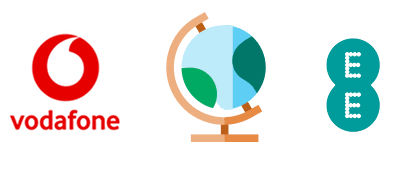
✔ Vodafone’s high end plans offer EU and worldwide roaming
Vodafone no longer offer inclusive EU roaming as standard. You’ll either have to pay a daily rate while abroad in the EU, or you can take select premium plans that offer inclusive roaming.
You get inclusive roaming on plans with 3 Xtras. These are premium deals that include some additional benefits, one of which being roaming. Their non-unlimited 3 Xtras deals let you roam in these 51 EU countries.
If you want to go beyond the EU and you don’t mind investing a little extra cash, then you can take their Unlimited plan with 3 Xtras to get inclusive roaming in 32 additional worldwide destinations.
These deals give you the full 81 countries:
Either way, roaming comes at a premium cost on Vodafone. It is now at least possible to roam on Vodafone’s Basics SIMs (they used to be UK-only), but you do have to pay a daily rate while abroad.
Useful link: All roaming costs on Vodafone
✔ EE’s premium plans let you take a roaming pass
EE have similarly got rid of their inclusive EU roaming scheme, meaning you’ll have to pay a daily rate to roam in their EU destinations or pay for a daily data add-on if you go further abroad.
You can take their Roam Abroad pass as an Inclusive Extra on one of EE’s premium plans. These work similarly to Vodafone’s Xtras plans, letting you choose a number of benefits for a higher cost.
If you’re on a non-premium plan or are going beyond those countries, you can take a Travel Data Pass. These are small daily allowances you pay for per day. They’re expensive, but cheaper than paying as you go.
While both networks offer worldwide roaming as a premium benefit, Vodafone have a lot more worldwide destinations included on theirs. But in any case, there are better options out there for EU roaming.
Useful link: All other roaming costs on EE
Our verdict on roaming:
Vodafone win"You don’t get inclusive roaming as standard on either network, but Vodafone offer more roaming destinations on their premium 3 Xtras plans. So, Vodafone take this one."
Extra benefits compared on Vodafone and EE
Which network offers better added benefits?
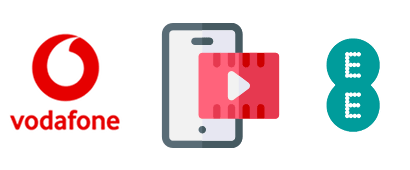
✔ EE offer free trials and premium Inclusive Extras
On all pay monthly plans you’ll get free trials to three different entertainment services (with free data use on these). These include trials to Apple Music, Apple TV+ and Apple News.
The data you use for Apple Music won’t come out of your allowance during the trial period. These trials are nice, but if you don’t want to start paying for them after the trial’s up then make sure to cancel them.
If you don’t mind spending a bit more you can get extra benefits on their Full Works plans. Their Full Works plans include subscriptions to the three Apple services listed above and their Roam Abroad pass.
You’ll get more Inclusive Extras on a Full Works plan at a higher monthly cost while you can take one Inclusive Extra on a All Rounder but at a lower cost:
Or you can take an All Rounder plan. These are lower in cost but only give you one additional extra. Overall, EE have some nice premium options and extras that can help get better value our of your plan.
Useful link: EE's guide to their Inclusive Extras
✔ Vodafone offer some smaller benefits for all customers
Vodafone don’t offer lots of huge benefits to help their users get better value on their plans. However, there are some nice small benefits included on every plan and some extras on premium ones.
You’ll notice some plans called “Entertainment Plans”. These include subscriptions to certain entertainment services, but are usually around £6 more expensive than their usual plans, so it’s not like it’s a freebie.
Pick an inclusive subscription with any of these SIM only deals:
And you get access to their VeryMe rewards app on every pay monthly deal, giving you special offers on high street shopping and some nice freebies. This can help you get a bit of extra value back on your plan.
If you’re someone who loves searching for the best possible deal then this might be for you. But in the end it’s more of a way of getting you to spend money with their associates than a way of saving you money.
Useful link: Read our full Vodafone review
Our verdict on extra benefits:
EE win"The extra value you get out of the free entertainment trials on EE is nice, but where they really shine is in their Inclusive Extras. You do have to weigh up if the extra cost is worth it, but otherwise EE take this one."
Vodafone and EE deals and pricing
Comparing SIM only plans on Vodafone and EE
Are EE or Vodafone's SIM only deals cheaper?
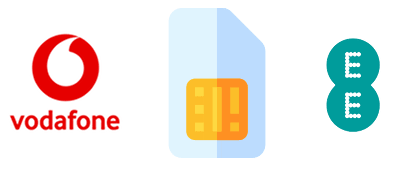
Plan
Data: (0MB+)
Minutes: (0+)
Our verdict on SIM only pricing:
No clear winner"SIM only plans on both networks tend to be a lot pricier than some of their no-frills competitors and are similarly priced to each other. Neither offers particularly amazing value."
Special offers running on Vodafone and EE
A quick look at the promotions running on both networks this month
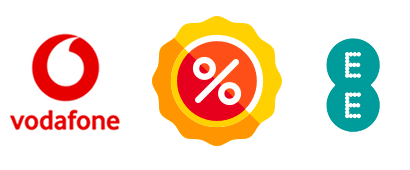
Comparing phone contracts on EE and Vodafone
Are EE or Vodafone better for taking out a phone contract?
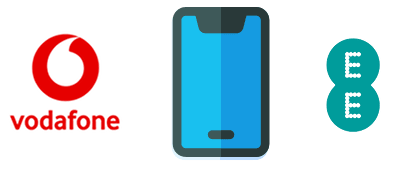
Budget
Upfront: (Any upfront cost)
Monthly: (Any monthly cost)

Loading phone deals...

✔ Vodafone’s phone contracts are very flexible
Vodafone offer phone deals with their EVO scheme, which splits your monthly bill into two payments. One is a finance agreement (a loan) for the cost of your phone, the other is for your usage (mins, texts and data).
This lets you set your contract length between 12 and 36 months however you like it. And you can switch your usage plan whenever you choose and set an upfront cost to reduce your monthly bill.
Since they’re based around loans you can pay lump sum amounts to decrease your monthly bill. However, you can only upgrade after your first 12 months and you have to trade in your device for this.
They do tend to be one of the pricier networks when you buy direct, so you might want to look at Vodafone’s sub-brand VOXI or at resellers like Carphone Warehouse for a better deal.
Useful link: Compare Vodafone phone contracts
✔ EE now offer more flexible finance agreements
It seems like EE have gone about tearing up their partnerships with third party retailers like Fonehouse, ChitterChatter and earlier Carphone Warehouse, who all used to sell EE phone contracts.
They do now offer finance based phone contracts which work like loans. EE basically loan you a phone which you’ll pay back over 24 months or 36 months depending on your choice. These have some nice upsides.
These let you pay off your loan before your contract is up. This also lets you upgrade to a new device early if you need. And you can switch to a bigger usage plan (mins, texts, data) every 30 days if need be.
However, you can’t switch to a smaller usage plan or leave it until your contract is up, even if you’ve paid off your phone. As for prices, you can compare them directly to Vodafone using our comparison tool here.
Useful link: Use our phone contract comparison tool
Our verdict on phone contracts:
Depends on what you want"Vodafone offer more flexibility with their contract lengths and with letting you change your usage plan. But EE do let you upgrade earlier. Ultimately your choice will come down to what you prefer and which offers the best price for your desired phone."




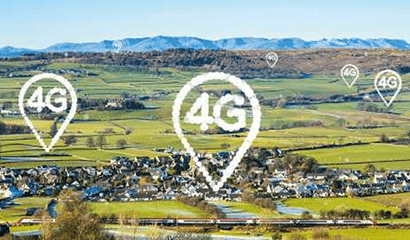

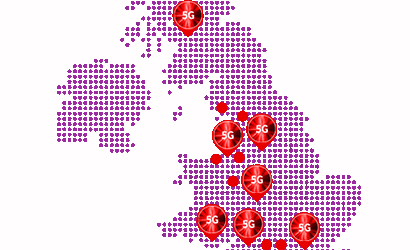
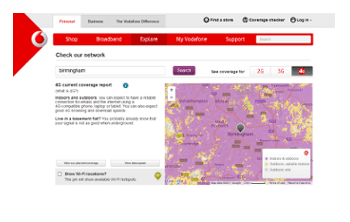
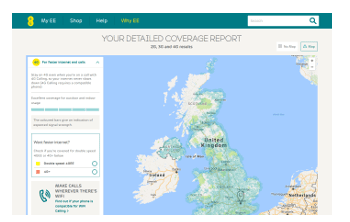
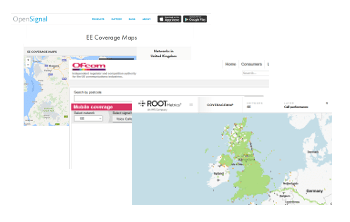



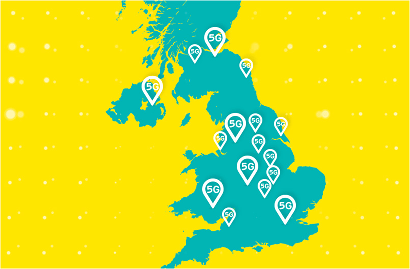
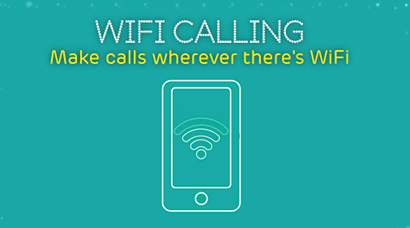
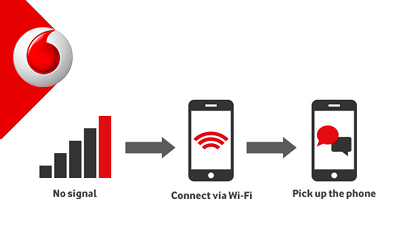
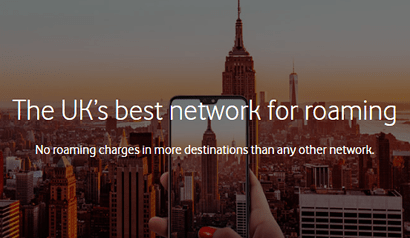
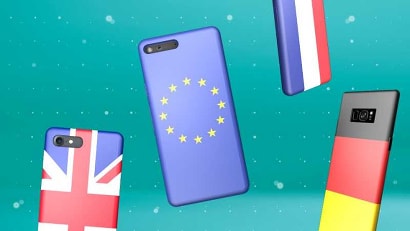


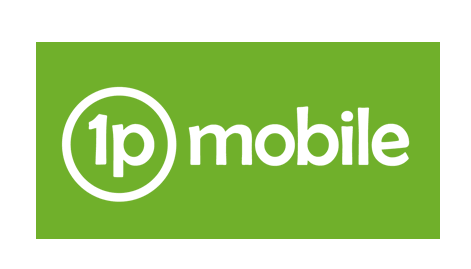



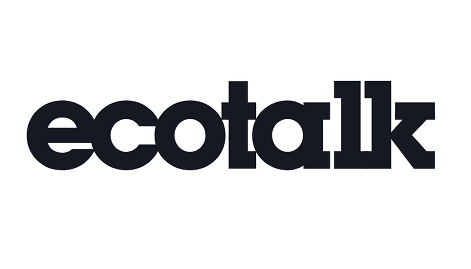










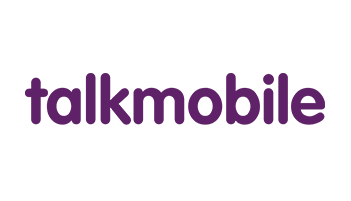

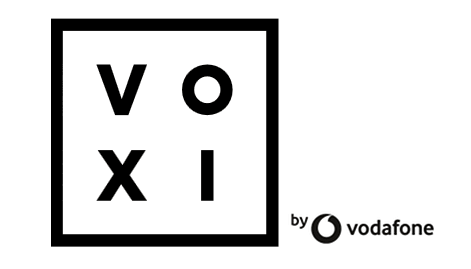


 Thanks, we'll send that out now. Please check your inbox for our email.
Thanks, we'll send that out now. Please check your inbox for our email.


